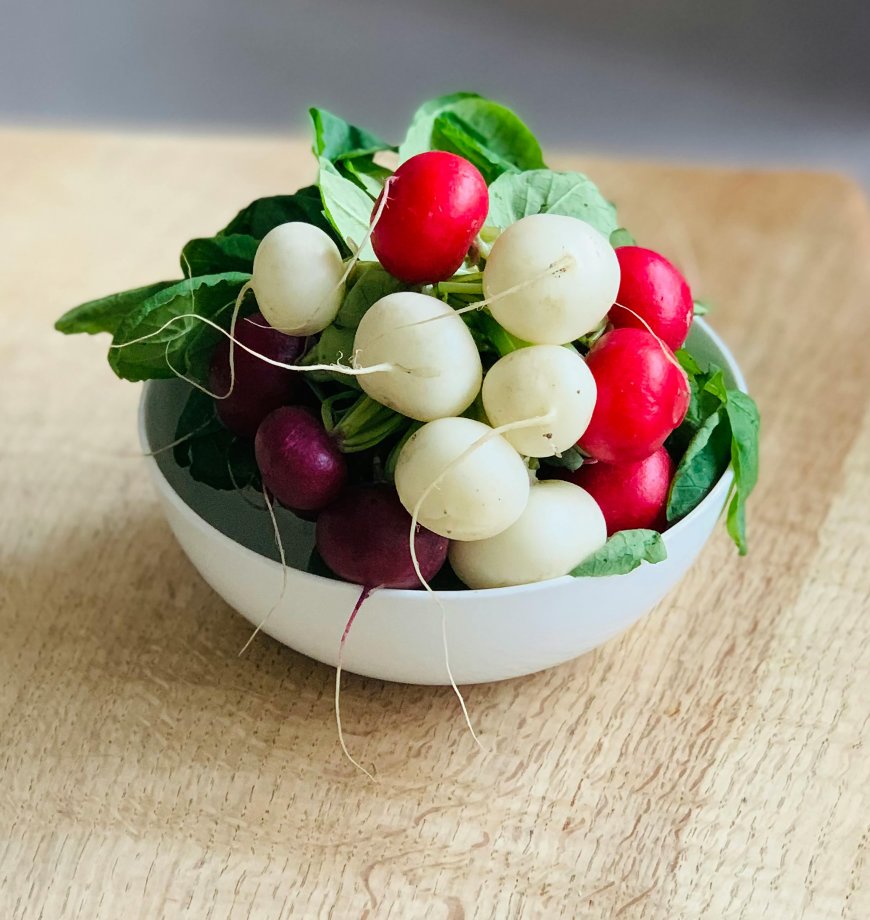"The Truth About Superfoods: What You Need to Know for Optimal Nutrition"
Superfoods have become a buzzword in the nutrition world, often touted as miracle ingredients that can transform your health and well-being. But what exactly are superfoods, and do they really live up to their hype? In this comprehensive guide

1. What Are Superfoods?
Definition: Superfoods are nutrient-dense foods that are considered to be particularly beneficial for health and well-being. They are packed with vitamins, minerals, antioxidants, and other nutrients that support overall health and can help prevent chronic diseases.
Common Superfoods Include:
- Berries: Blueberries, strawberries, and acai berries
- Leafy Greens: Spinach, kale, and Swiss chard
- Nuts and Seeds: Chia seeds, flaxseeds, and almonds
- Fruits: Avocado, pomegranate, and kiwi
- Whole Grains: Quinoa, oats, and barley
2. The Science Behind Superfoods
Nutritional Power: Superfoods are typically rich in essential nutrients such as vitamins, minerals, fiber, and antioxidants. These nutrients contribute to various health benefits, including improved heart health, enhanced immune function, and better digestion.
Antioxidants: Many superfoods are high in antioxidants, which help combat oxidative stress and inflammation in the body. This can reduce the risk of chronic diseases and slow the aging process.
Bioavailability: The nutrients in superfoods are often more easily absorbed by the body compared to processed foods, making them a valuable addition to a balanced diet.
3. Benefits of Superfoods
**1. Boosts Immune System: Superfoods like citrus fruits and garlic can enhance immune function, helping your body fend off illnesses and infections.
**2. Supports Heart Health: Foods such as oats, nuts, and fatty fish (like salmon) are known to improve heart health by reducing cholesterol levels and lowering blood pressure.
**3. Enhances Brain Function: Berries, nuts, and leafy greens contain nutrients that support cognitive function and protect against neurodegenerative diseases.
**4. Promotes Healthy Digestion: Fiber-rich superfoods like chia seeds, flaxseeds, and whole grains support digestive health and prevent constipation.
**5. Improves Skin Health: Antioxidant-rich foods, such as pomegranate and avocado, help protect the skin from damage and promote a healthy complexion.
4. Incorporating Superfoods Into Your Diet
**1. Start Small: Introduce superfoods gradually into your meals. For example, add berries to your morning yogurt or sprinkle chia seeds on your salad.
**2. Mix and Match: Combine different superfoods to maximize their benefits. For instance, blend spinach, berries, and almond milk for a nutrient-packed smoothie.
**3. Creative Recipes: Experiment with recipes that feature superfoods. Try making a quinoa salad with kale and pomegranate, or bake a loaf of whole-grain bread with flaxseeds.
**4. Snack Smart: Choose superfood snacks like a handful of almonds or a piece of fruit instead of processed snacks.
**5. Meal Planning: Plan your meals around superfoods to ensure you're getting a variety of nutrients throughout the week.
5. Superfoods vs. Whole Foods
Superfoods are Whole Foods: While superfoods are often highlighted for their exceptional nutritional profiles, it's important to remember that they are just a part of a healthy diet. Whole foods, in general, provide essential nutrients that support overall health.
Balance is Key: Rather than focusing solely on superfoods, aim for a balanced diet that includes a wide range of fruits, vegetables, whole grains, proteins, and healthy fats.
6. Debunking Myths About Superfoods
**1. No Single Food is a Miracle: No single superfood can cure diseases or dramatically improve health on its own. A balanced diet and healthy lifestyle are crucial for optimal well-being.
**2. Cost and Accessibility: Superfoods can sometimes be expensive or hard to find. However, many nutritious foods, such as beans, lentils, and local fruits, are both affordable and beneficial.
**3. Over-Reliance on Supplements: While superfood supplements can be useful, it’s best to obtain nutrients from whole foods to benefit from their full range of nutrients and health benefits.
7. Practical Tips for Choosing Superfoods
**1. Look for Variety: Choose a variety of superfoods to ensure you’re getting a broad spectrum of nutrients.
**2. Fresh vs. Processed: Opt for fresh or minimally processed superfoods. Processed versions can sometimes have added sugars, unhealthy fats, or other additives.
**3. Organic Options: Whenever possible, choose organic superfoods to reduce exposure to pesticides and other chemicals.
**4. Local and Seasonal: Select locally grown and seasonal superfoods to support local farmers and reduce environmental impact.
8. Conclusion
Superfoods are a valuable component of a healthy diet, offering numerous benefits thanks to their high concentrations of essential nutrients. However, they should be seen as part of a balanced diet rather than a cure-all. By incorporating a variety of superfoods into your meals and maintaining a well-rounded approach to nutrition, you can support your overall health and well-being.
What's Your Reaction?























































































